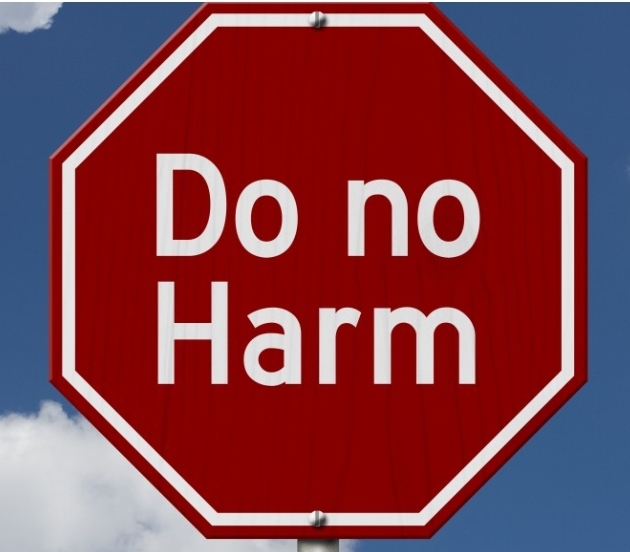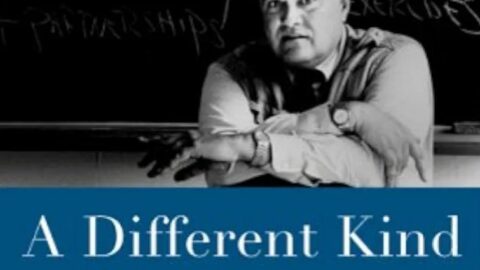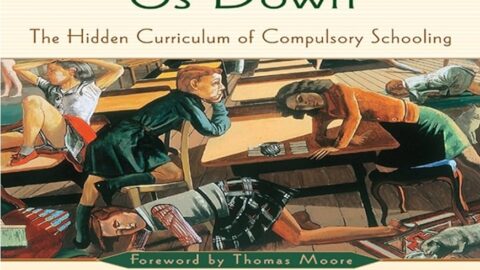Plato on Doing Harm and Doing Good
Plato’s statement, “Any man may easily do harm, but not every man can do good to another,” underscores the profound difference between the ease of destructive actions and the challenge of constructive ones. This idea aligns with his philosophy that moral excellence and virtue require effort, wisdom, and self-discipline, whereas harm often arises from ignorance, selfishness, or impulsivity.
Why Doing Harm Is Easy
Human Nature’s Flaws:
- Plato believed that humans are naturally driven by desires and appetites, which, if unchecked, can lead to harmful actions.
- Acting out of anger, jealousy, or greed often requires little thought or restraint.
Ignorance:
- Plato viewed ignorance as the root of most wrongdoings. Without the pursuit of knowledge or self-awareness, people may harm others, even unintentionally.
- Ignorance of the consequences of one’s actions makes it easy to cause harm.
Destruction Over Creation:
- Causing harm often involves breaking, disrupting, or neglecting—actions that require minimal effort compared to building, nurturing, or healing.
Why Doing Good Is Difficult
Requires Virtue and Wisdom:
- Doing good is an intentional act that involves understanding, empathy, and wisdom. Plato’s philosophy suggests that only those who cultivate virtues like courage, justice, and temperance can genuinely do good.
Selflessness and Sacrifice:
- To do good often requires putting others’ needs before one’s own, which demands selflessness and moral strength.
- It can also involve sacrifice—of time, resources, or personal comfort.
Effort in Understanding Others:
- Helping others effectively requires understanding their unique needs, challenges, and circumstances, which is neither simple nor automatic.
Overcoming Resistance:
- Doing good can sometimes face resistance or misunderstanding from others, making it a more complex endeavor. For example, offering constructive criticism or helping someone in denial requires tact and persistence.
Examples in Life and Philosophy
Leadership:
- A tyrant can easily harm a society through selfish or reckless decisions. In contrast, a just leader, as described in Plato’s Republic, must work tirelessly to balance the needs of the people and maintain order.
Relationships:
- It’s easy to hurt someone through neglect or harsh words, but building trust and showing consistent care demands patience and intentionality.
Education:
- Misguiding someone through ignorance or misinformation is simple. However, teaching someone effectively, helping them grow in wisdom and understanding, requires skill and effort.
Plato’s Moral Philosophy
Plato’s emphasis on doing good ties into his larger ethical framework:
The Pursuit of the Good:
- Plato believed that the ultimate goal of life is to align oneself with the Good, a higher, transcendent form representing truth, justice, and moral excellence.
The Role of the Soul:
- The human soul has three parts: reason, spirit, and appetite. Only when reason governs the other parts can a person act virtuously and do good.
Education and Growth:
- Plato argued that becoming virtuous and capable of doing good requires education, reflection, and the cultivation of moral habits.
Modern Applications
Personal Growth:
- Doing good requires self-awareness and continuous learning to ensure our actions benefit others and do no harm.
- Acts of kindness or charity often demand stepping out of one’s comfort zone.
Social Responsibility:
- On a societal level, it’s easier to neglect problems like poverty or inequality than to actively work toward solutions. Doing good involves commitment and collaboration.
Moral Leadership:
- Leaders and institutions must prioritize justice, empathy, and wisdom to ensure their actions promote the well-being of others.
Conclusion
Plato’s statement serves as a timeless reminder of the moral effort required to do good in the world. While harm can arise from negligence or impulsive behavior, doing good is a deliberate act of virtue that requires wisdom, empathy, and courage. By striving to cultivate these qualities, individuals can contribute to a just and harmonious society.






